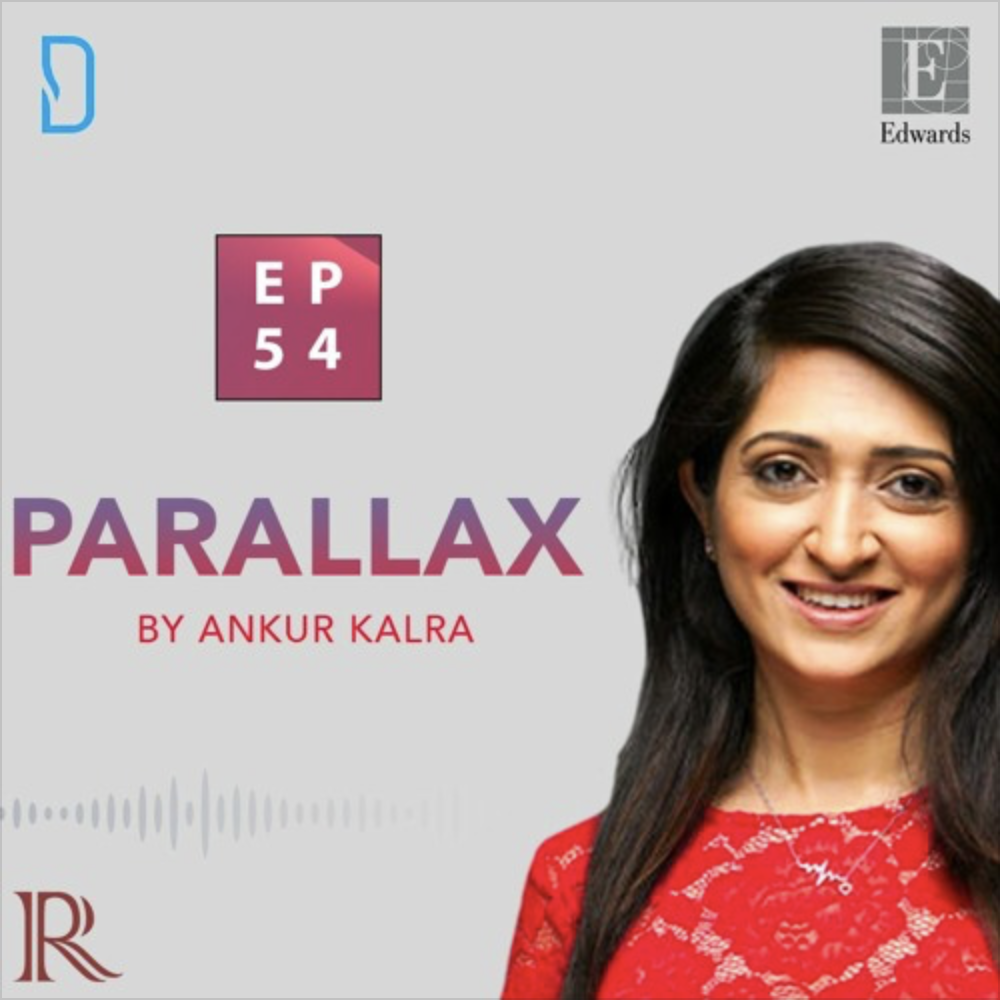
In this week’s episode Dr Ankur Kalra’s guest is Dr. Purvi Parwani, Director of Women’s Cardiovascular Disease Clinic and Assistant Professor at Loma Linda University Medical Center.
In this special ESC 2021 edition of Parallax, Ankur asks Purvi to review the highlights of the congress. Purvi summarises the design and findings of the trials and their importance in the treatment of patients. Ankur and Purvi discuss how the novel data presented at ESC will inform their practice.
Trials covered in detail include
• SSaSS: Effect of Salt Substitution on Cardiovascular Events and Death,
• STEP: Intensive vs. standard blood pressure control among older hypertensive patients
• EMPEROR-Preserved and Pooled: Effect of empagliflozin on cardiovascular death and heart failure hospitalisations in patients with heart failure with a preserved ejection fraction, with and without diabetes,
• LOOP: Screening for AF with an implantable loop recorder to prevent stroke compared with results of the STROKESTOP trial,
• IAMI: Influenza Vaccination after Myocardial Infarction randomised trial.
What are the take-home messages of ESC 21? How can we utilise the findings in our practice? What are the questions that need further investigation?
Questions and comments can be sent to “podcast@radcliffe-group.com” and may be answered by Ankur in the next episode. Guest @purviparwani, hosted by @AnkurKalraMD. Produced by @RadcliffeCARDIO.

Brought to you by Edwards: www.edwardstavr.com
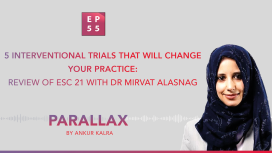
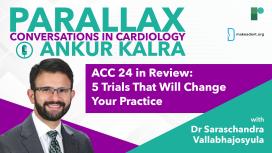
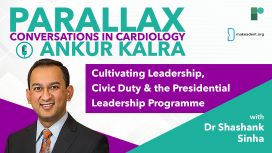
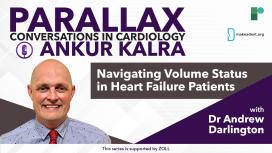
Together, Dr Kalra and Dr Darlington delve into the significance of assessing volume status in patients with heart failure, highlighting its continued relevance in 2024, including the availability of new diagnostic tools, including the Heart Failure Management System (HFMS).
This series is supported by ZOLL and is intended for Health Care Professionals.
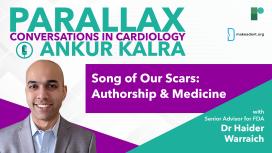
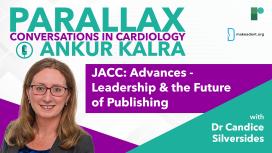
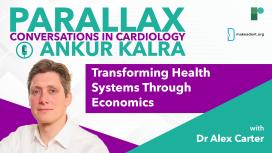
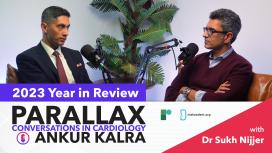
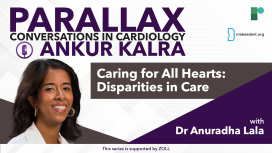
This series is supported by ZOLL and is intended for Health Care Professionals.
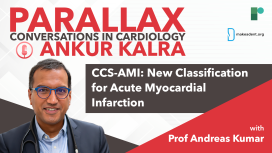
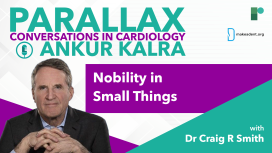



What is the Global Cardiology University project? How does Dr Anavekar encourage trainees to re-examine their role in patient care? What is his advice to our listeners?

As Dr Kalra asks Dr Rao about the ways in which early career faculty members can get involved with the organization at a state level. Dr Rao shares his insider tips and highlights key events where individuals can further their participation.
How can you get involved with your local ACC chapter? How can you improve your leadership skills? What is Dr Rao’s advice for our listeners?

He explains how the complexity of nutrition and the compounds generated by the gut microbiome can impact our health. We learn more about three compounds produced by our gut microbiome that have a strong connection with heart disease.
Through this conversation, Dr Vuyisich invites us to reframe our approach to nutrition and prevention as a question of food education and data-driven science.





